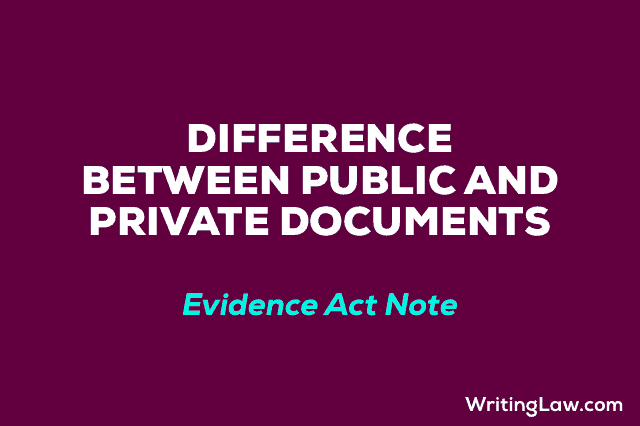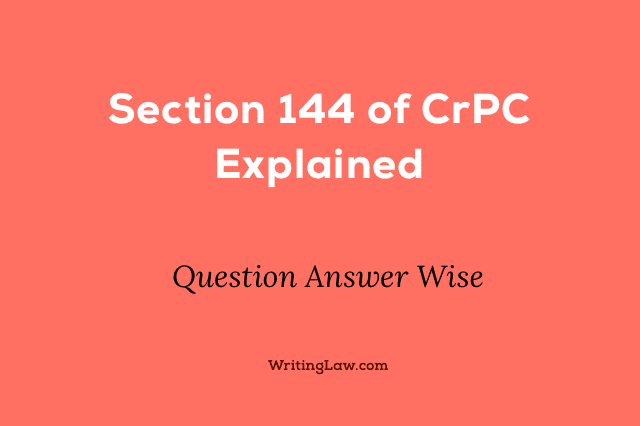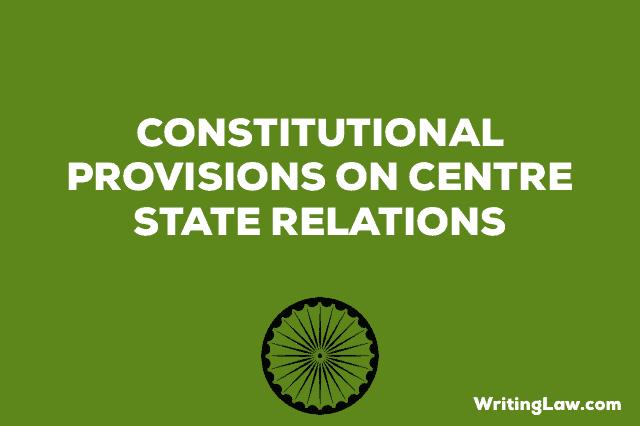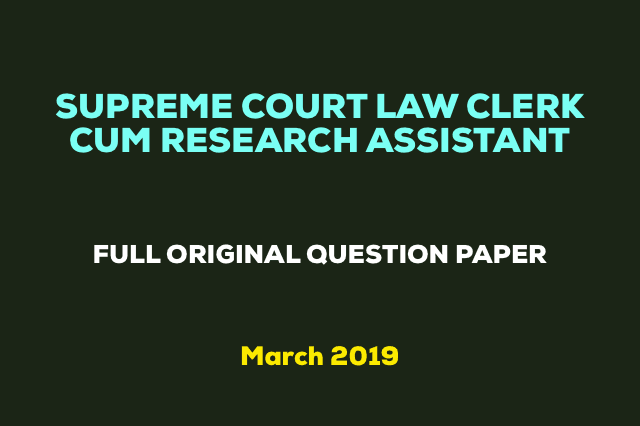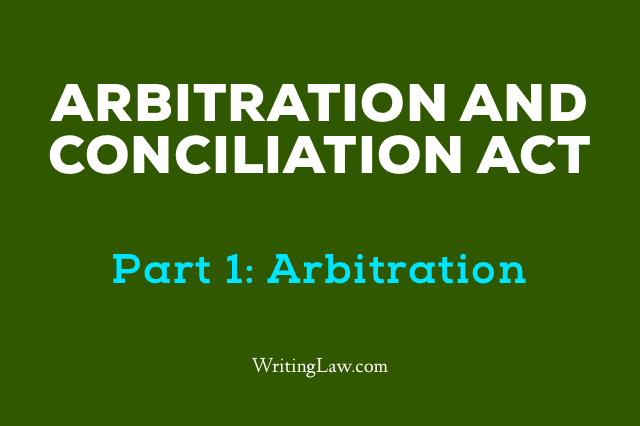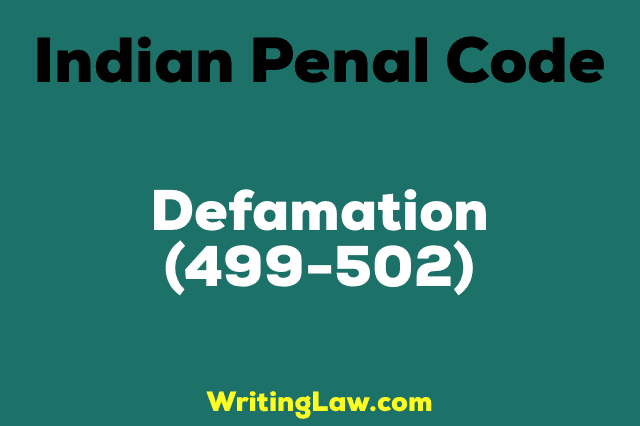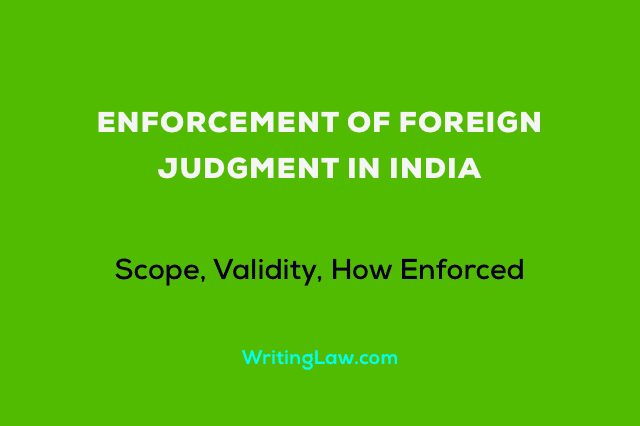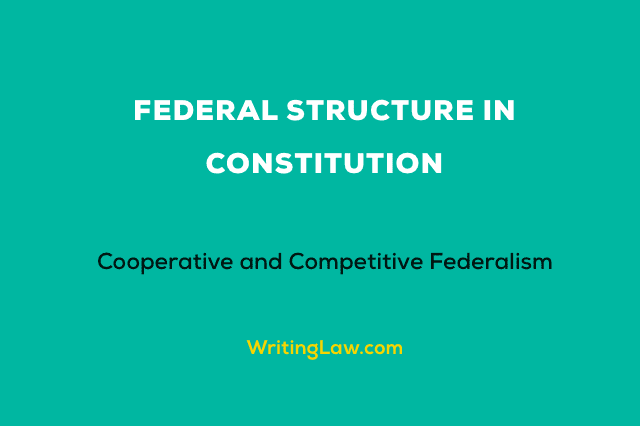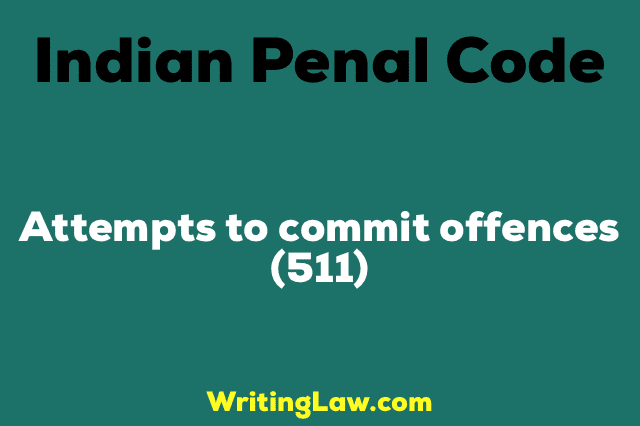7 Differences Between Public and Private Documents
1. Section 74 of the Indian Evidence Act defines public documents –
Documents forming the act or records of sovereign authority namely Parliament, Legislative Assemblies, official bodies, tribunals, public officers or any part of India or of Commonwealth or foreign country.
Section 75 says that all other documents other than public and private documents.KEEP READING
